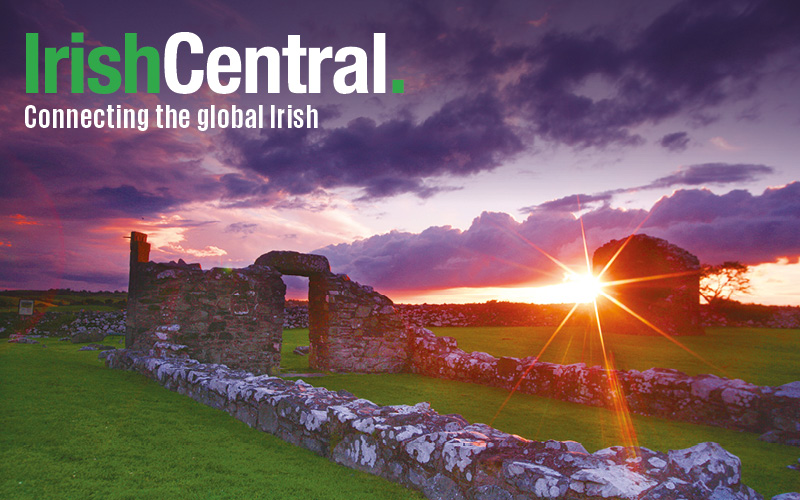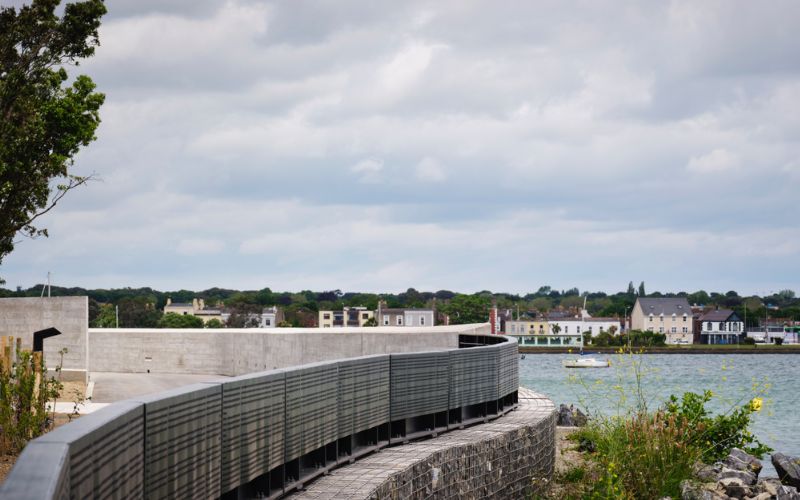The Natural History Museum in Dublin is the oldest museum in Ireland having been opened by Doctor David Livingstone (no less) in 1857. Known locally as the Dead Zoo, it has been a favorite of generations of Dubliners ever since.
Dubliners are on first name terms with many of the exhibits, including Spotticus the Giraffe. Spotticus is is now happily tweeting away to his loyal band of global fans, following his recent makeover in the Netherlands. Seemingly, caught in a time warp, this cabinet-style 'museum of a museum' has just recently been revamped and reopened to the public.
With some 10,000 items currently on display and another 2 million in storage, it houses the treasure trove of countless Victorian collectors. As you can imagine, Nigel Monaghan, curator of the Museum explains that’s an awful lot of dusting ...
Having lain about in relative obscurity for years the Natural History Museum is once again poised to be a trail blazer of scientific research and discovery (as it was at the turn of the last century) having boldly embraced new technology which has seen its visitor numbers double in recent years.
Innovative and free educational events and workshops for all ages are set to increase its profile and popularity even further. Visiting scientists and experts from all over the world have expressed a new appreciation and interest in the museums valuable collection of unique and rare items that are unlikely ever to be found again. Such as the huge skeleton of a fin whale, the second largest in the world which washed up in Bantry Bay in 1862 and the now extinct giant Irish deer whose antlers span an amazing 3.5 meters which was discovered in Monaghan and donated by the 4th Marquis of Bath in 1877.
And while we might live in a digital age that can conjure up reconstructions of extinct worlds at the touch of button, apparently it's no substitute for the real thing when it comes to scientific hard evidence. Who would have thought that a once moth eaten collection of stuffed animals, in a small museum in Dublin would be providing the world at large and generations to come with the raw data for new and exciting scientific research into our increasingly precarious and precious natural world.
For information on the Natural History Museum
Follow Spotticus the Giraffe on Twitter
For more information on the 3 other main Irish Museums
By Susan Byron author of www.irelands-hidden-gems.com
Dubliners are on first name terms with many of the exhibits, including Spotticus the Giraffe. Spotticus is is now happily tweeting away to his loyal band of global fans, following his recent makeover in the Netherlands. Seemingly, caught in a time warp, this cabinet-style 'museum of a museum' has just recently been revamped and reopened to the public.
With some 10,000 items currently on display and another 2 million in storage, it houses the treasure trove of countless Victorian collectors. As you can imagine, Nigel Monaghan, curator of the Museum explains that’s an awful lot of dusting ...
Having lain about in relative obscurity for years the Natural History Museum is once again poised to be a trail blazer of scientific research and discovery (as it was at the turn of the last century) having boldly embraced new technology which has seen its visitor numbers double in recent years.
Innovative and free educational events and workshops for all ages are set to increase its profile and popularity even further. Visiting scientists and experts from all over the world have expressed a new appreciation and interest in the museums valuable collection of unique and rare items that are unlikely ever to be found again. Such as the huge skeleton of a fin whale, the second largest in the world which washed up in Bantry Bay in 1862 and the now extinct giant Irish deer whose antlers span an amazing 3.5 meters which was discovered in Monaghan and donated by the 4th Marquis of Bath in 1877.
And while we might live in a digital age that can conjure up reconstructions of extinct worlds at the touch of button, apparently it's no substitute for the real thing when it comes to scientific hard evidence. Who would have thought that a once moth eaten collection of stuffed animals, in a small museum in Dublin would be providing the world at large and generations to come with the raw data for new and exciting scientific research into our increasingly precarious and precious natural world.
For information on the Natural History Museum
Follow Spotticus the Giraffe on Twitter
For more information on the 3 other main Irish Museums
By Susan Byron author of www.irelands-hidden-gems.com




Comments